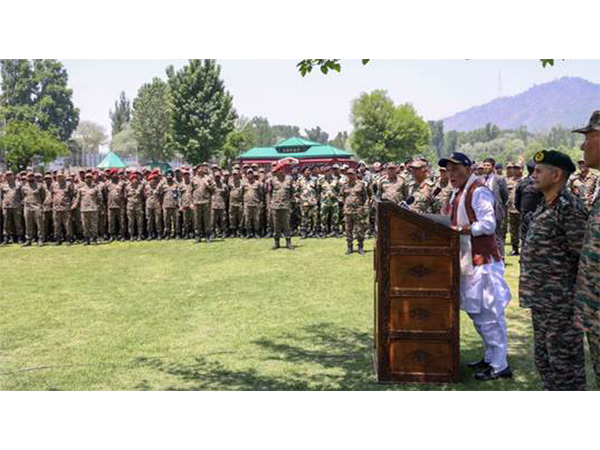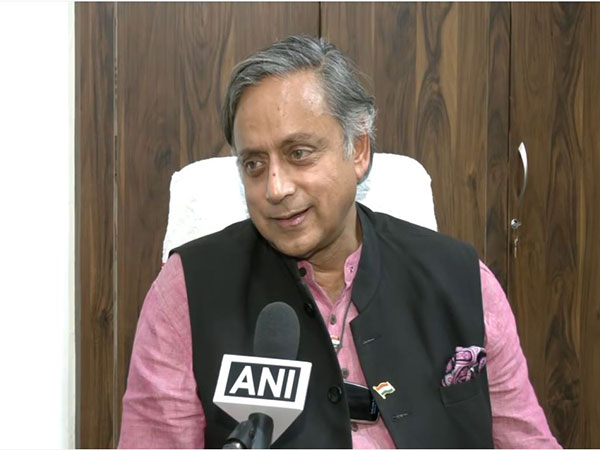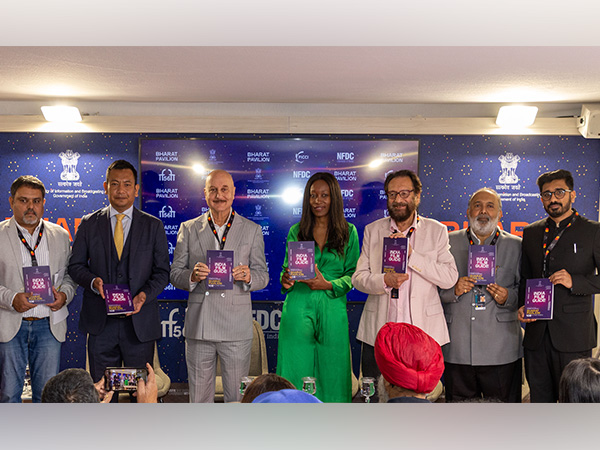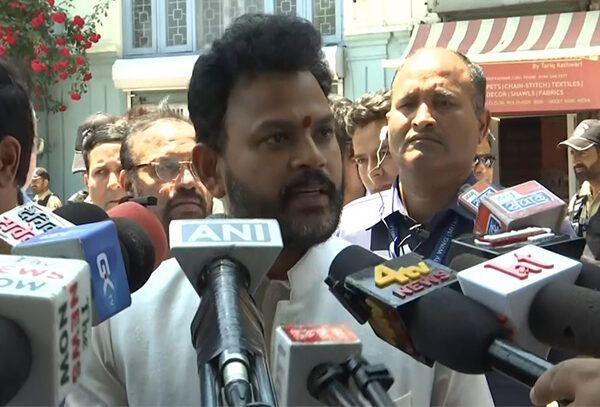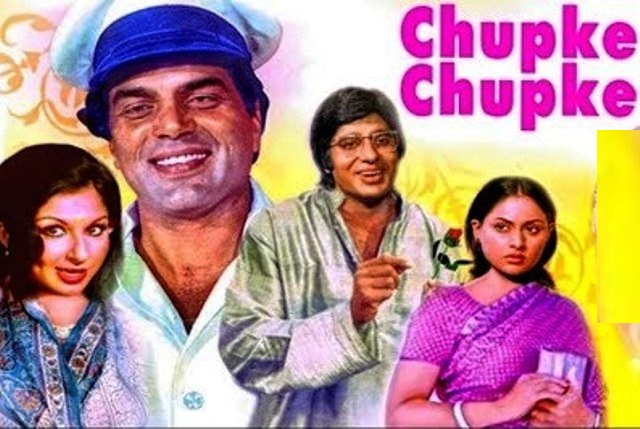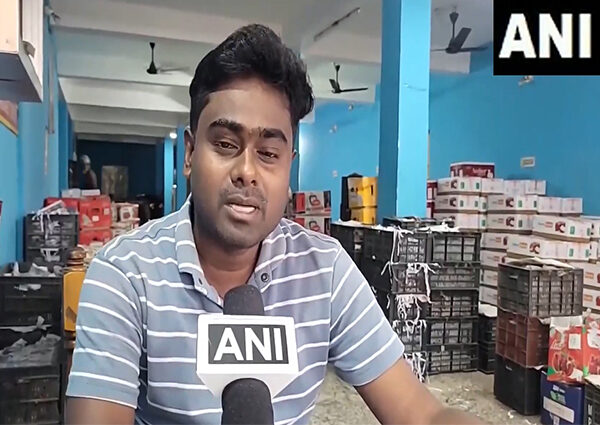Following the Pakistan-backed terror attack in Pahalgam on April 22nd, which killed scores of Indian citizens on the basis of their religion, India responded with precision strikes on Pakistani terror camps in places like Muridke and Bahawalpur on May 7th.
Following the commencement of Operation Sindoor, India’s kinetic action against terror assets finding safe shelter in Pakistan, swarms of drone and missile attacks were launched on the Indian civilian population and military bases.
Subsequently, Round 2 of India’s major counter-offensive would go down in the annals of South Asian military history as one of the most daring and tactically ambitious counter-offensives ever witnessed between the two nuclear-powered arch rivals.
ANI has pieced together the sequence of events by talking to multiple sources involved in the operation. Due to the sensitivities involved in an ongoing operation, their identities have been kept anonymous for this report.
On the intervening night of May 9th and 10th, the Indian Air Force with active support of other forces struck 11 out of 12 Pakistani Air Bases spanning the length and breadth of the country and in the process also, crippled their Chinese supported Air Defence systems.
The missiles that led to the most destruction of the Pakistani air fields were caused by the BrahMos supersonic cruise missiles, along with the Scalp missiles fitted on the Rafale fighter jets. India had unleashed its most potent tactical weapons on an adversary that was completely blindsided by the dramatic and unanticipated escalation.
Around 15 BrahMos missiles were fired by the Indian Air Force to target the Pakistan Air Force base with an aim of disrupting their ability to launch aircraft and other operations, sources in the Defence establishment told ANI.
The strikes on the air bases, which required an air campaign, were started first by sending dummy pilotless target aircraft, which were camouflaged to look like fighters on enemy radars.
Once the enemy radars and air defence network got activated to take down the Indian ‘incoming aircraft’, Indian forces launched the loitering munitions high, including the Israeli-made Harops, targeting Pakistan’s air defence radars and command and control systems, sources added.
The Pakistan Air Force mobilised its entire set of HQ-9 air defence missile system launchers and radars to different locations, and some of them were deployed at new locations but were detected after being activated.
The Indian Air Force then followed up with the long-range missile attacks on the Pakistani air bases, which included the BrahMos and Scalp missiles. Around 15 BrahMos missiles and Scalp, Rampage and Crystal Maze missiles were launched in the offensive.
The aircraft packages for the missions were controlled mainly from the Western Air Command and the Southwestern Air Command area of responsibility. The aerial attacks launched by the Pakistani Air Force using land attack ballistic missiles, air-launched cruise missiles, and unmanned combat aircraft were mainly thwarted by the combination of the Russian S-400, MRSAM, and Akash air defence missile units, along with other old systems.
The attacks on Pakistani air bases resulted in the Pakistani Air Force shifting its aircraft to different bases in the rear, they said. The Pakistan Air Force could have lost a significant number of long-endurance UAVS and an airborne early warning and control aircraft during a missile hit on a hangar at a Pakistani air base in the Sindh area of Pakistan.
This is the first time that the BrahMos missile system has been used in an active conflict, and it showcased the immense capability of the supersonic cruise missile.
Sources told ANI that the strikes on its air bases were so intense that the Pakistani side dropped all plans for a counter to the capitulation of their air defence system and urgently requested DGMO talks to arrive at an ‘understanding’ with India to put a pause to all military action going forward. (ANI)

